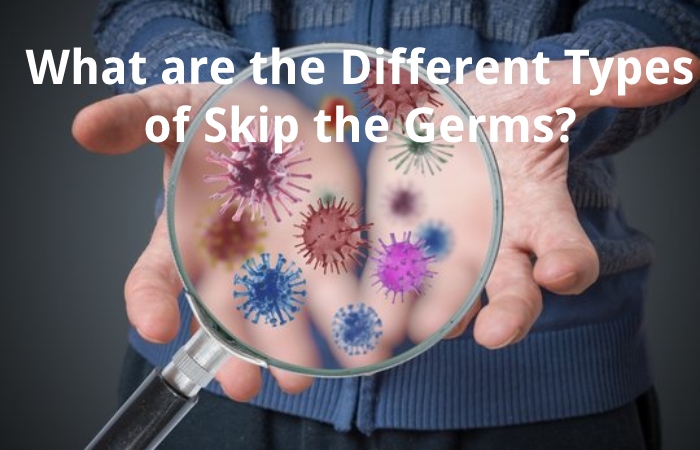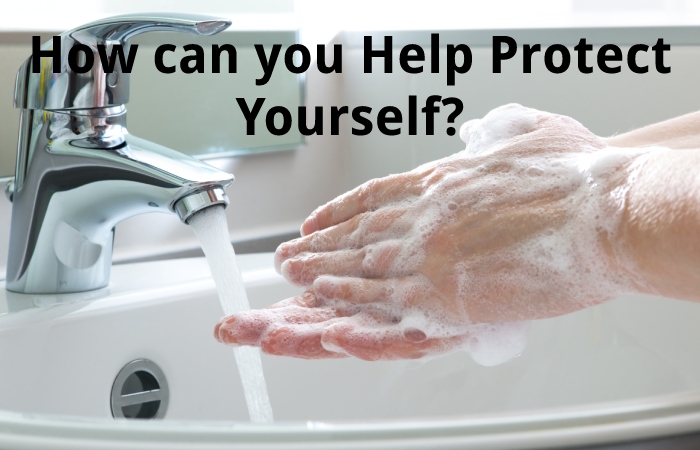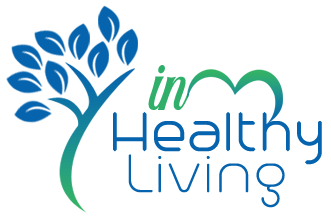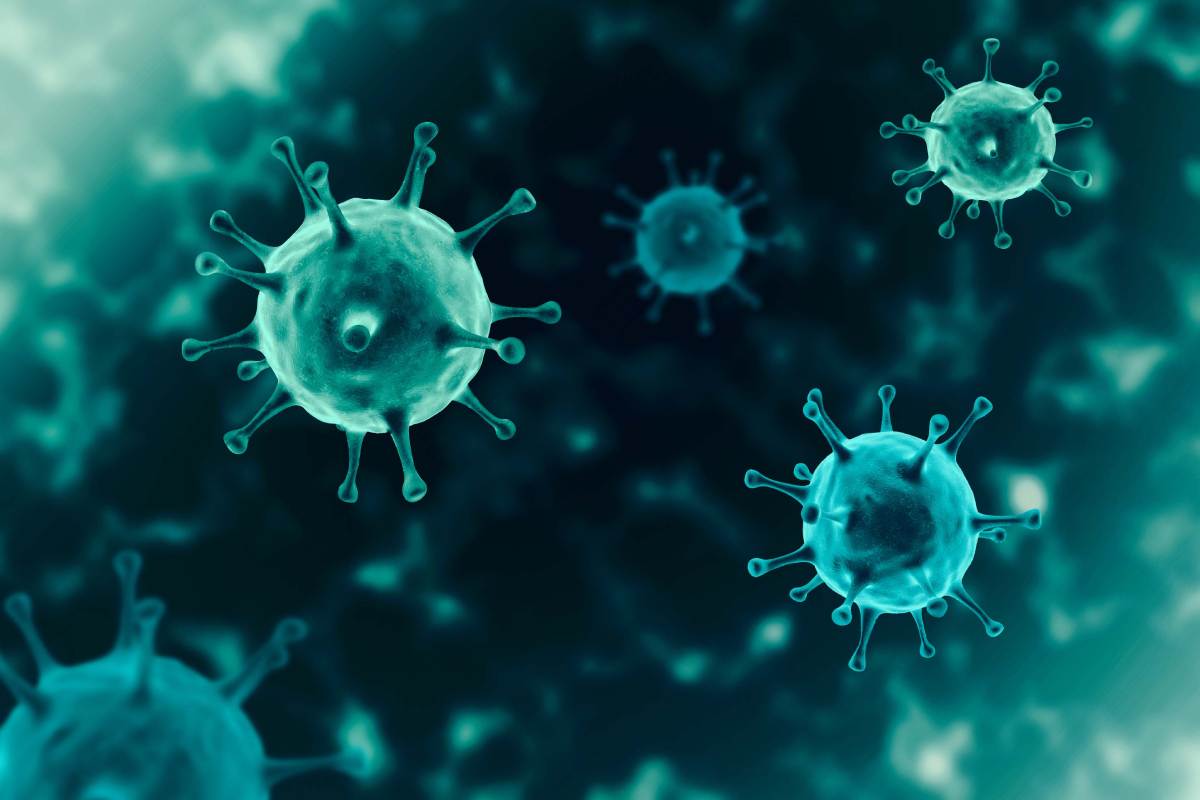Table of Contents
Skip the Germs
Most of the world’s microbes are harmless to people. Some skip the germs is bacteria are even suitable for us, like the ones in our intestines that help us digest food. But it’s worth knowing about germs (germs that cause illness) and how they can be spread in your home, especially since there are different ways you can help prevent them from spreading.
What are Germs?
Germs (also known as “pathogens”) are microscopic organisms that can cause disease and infection if they enter our bodies.
The most common types of germs are:
- Bacteria (for example, Salmonella, which can cause food poisoning)
- Viruses (for instance, Rhinovirus, which causes the common cold)
- Fungi (for example, Trichophyton, which can cause athlete’s foot)
- Parasites (for instance, Giardiasis intestines, which can cause diarrhoea).
Whether or how quickly a wound becomes infected depends on several factors. These include the contaminating bacteria, the type of wound, the depth of the damage, the location, the level of blood supply to the area, the presence of contaminating materials, and the level of immune response to the invading microorganisms.
What are the Different Types of Skip the Germs?

Bacteria
Bacteria are tiny, single-celled organisms that get their nutrients from the environment in which they live. Sometimes, that environment will be your child’s body or another living thing.
Some bacteria are good for our bodies: they help the digestive system work properly and prevent harmful bacteria from getting inside. Some bacteria use to make drugs and vaccines. But bacteria can also cause problems, such as tooth decay, urinary tract infections, ear infections, or strep throat. Antibiotics use to treat bacterial infections.
Virus
Viruses are even smaller than bacteria. They are not even complete cells. It is genetic material (DNA or RNA) packaged inside a protein coat. They need to use the structures of other cells to reproduce. This means they cannot survive unless inside an organism (such as a person, animal, or plant).
Viruses can live for a bit of time outside living cells. For example, viruses in infected body fluids that stick to surfaces, such as a doorknob or toilet seat, can only live there for a short time. After that, they will quickly die unless they enter a new living organism.
However, viruses spread rapidly when they get into a person’s body and can make them sick. Viruses cause minor illnesses like the common cold, diseases like the flu, and severe conditions like smallpox or AIDS (caused by the human immunodeficiency virus: HIV ).
Mushrooms
Fungi are multicellular plant-like organisms. They get their nutrients from plants, foods, and animals in warm, moist environments. Many fungal infections, such as sportsperson’s foot and yeast infections, pose no danger to a healthy person. However, people with weakened immune systems (from diseases such as AIDS or cancer) can develop more severe yeast infections.
Protozoa
Protozoa are single-celled organisms, like bacteria. But they are more significant than bacteria and contain a nucleus and other cell constructions, making them more similar to vegetable and animal cells. Protozoa love moisture. Therefore, intestinal infections and other diseases they can cause, such as amebiasis and giardiasis, are often transmitted through contaminated water. Some protozoa are parasites. This means they must live on or in another organism (such as an animal or plant) to survive. For example, the protozoan that causes malaria grows inside red blood cells, which it eventually destroys.
How is Skip the Germs Spread?
Bacteria and fungi can live in any warm, moist home in your home. But viruses are different. Around a hundredth of the size of a bacterium, viruses must be inside a living host to reproduce. It is through this procedure that they can cause disease.
Familiar sources of germ spread:
- Contaminated food and water
- Regularly touched surfaces such as doorknobs, faucets, TV remotes, and phones.
- Cleaning and waste areas such as loads, sinks and toilets
- Household waste such as rummage-sale or wasted food, used tissues, and dirty diapers
- Cleaning supplies such as dirty cleaning cloth,s, sponges and toothbrushes
- Pets and other faunae, such as rodents and flies
How do Skip the Germs Enter the Body?
- There are several ways that germs can enter our bodies.
- They can be ingested in contaminated food.
- Germs in the air can be inhaled through the nose and mouth and into the lungs.
- Germs on our skin can enter finished untreated cuts or wounds
- They can enter our bloodstream through injections, surgery, or animal or insect bites.
- Finally, some specific germs in our bodily fluids can be transmitted to others through physical contact.
How can you Help Protect Yourself?

Germs can feast quickly, and now that you distinguish how they spread and how they get into your body, you can healthier protect yourself. Of course, good hygiene is the best way to stop the spread of germs. Here are some ways to help:
- Wash your hands often, particularly before and after eating, preparing food, coughing, sneezing, using the bathroom, or changing a diaper.
- Cover your nose and mouth with flesh when you cough or sneeze. Put all used tissues directly in the trash can and wash your hands.
- Treat and prepare food safely. Wash your hands and exteriors often, separate raw from cooked foods, cook foods carefully, and chill fresh or cooked foods to stop the growth of bacteria.
Vaccines or immunization are an excellent way to protect yourself from serious infections. Make sure your domestic is up to date on vaccinations recommended by your doctor.
Clean and disinfect surfaces frequently, particularly surfaces that come into contact with food or are touched often, such as taps, doorknobs, and telephone keypads.
First aid to Prevent Infection of Minor Wounds
- Wash your hands before and after moving the wound, and use soap or alcohol gel.
- Clean the wound with clean aquatic, an antiseptic cleanser, or a properly diluted antiseptic liquid.
- Gently dry the skin around the wound.
- Apply an antiseptic cream to eliminate germs and bacteria.
- I protected the wound by covering it and changing the bandage frequently.
- Remember good hand hygiene, and wash your hands after doing so.
- See your doctor immediately if the wound does not stop bleeding or shows signs of infection, such as redness or swelling.
How to Handle Food Safely?
Food can become contaminated with microorganisms and other germs that cause stomach pain, vomiting, or worse. To EVITED these problems:
- Be sure to wash your pointers and clean kitchen surfaces before and after preparing food.
- Clean your cutting board or kitchenette surface after preparing raw meats for cooking and clean before using the character to prepare food that is cook, such as salads, fruits or vegetables.
- Cook ground beef thoroughly.
- Wash raw vegetables and berries thoroughly before eat.
- Avoid eating raw or undercooked eggs.
- Cook frozen foods immediately after thawing.
- Clean utensils frequently during food groundwork, washing them after using them on raw foods and before using them again on cooked foods.
When it comes to leftovers, stock them properly and put them in the fridge or freezer right away to prevent the spread of germs. Don’t leave perishable foods out for more than a couple of hours.
Conclusion
When your child or an additional family member has a cough or cold, there are essential steps you can take in addition to frequent hand washing that can decrease the risk of spreading the infection to others. Some experts call them respiratory hygiene strategies, which can be very effective if followed closely.

